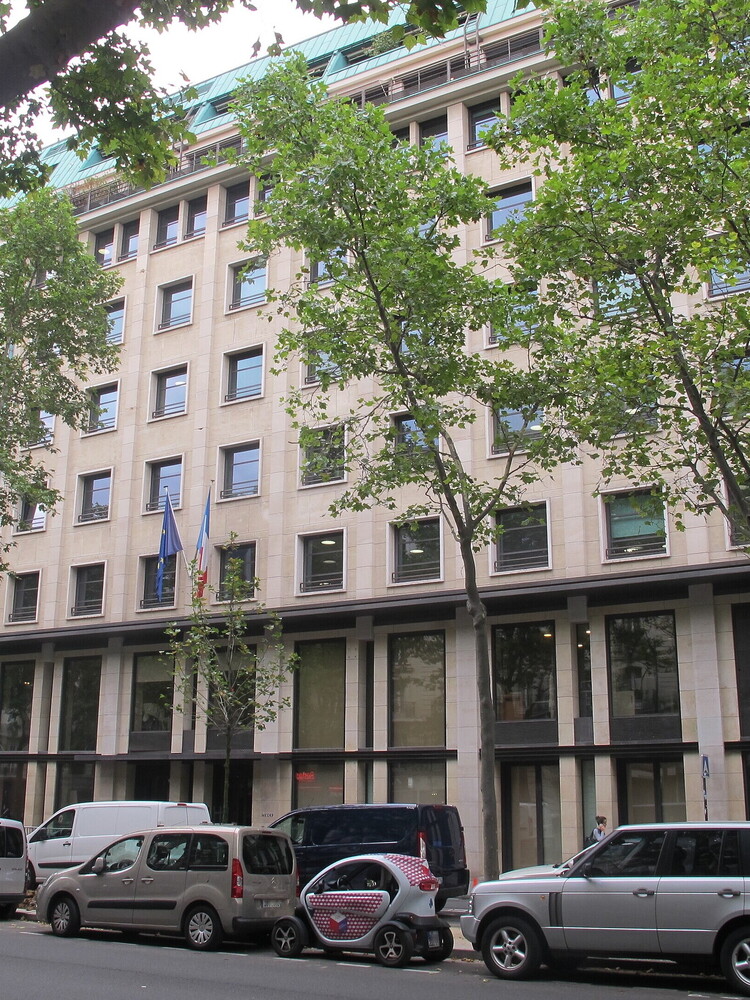Appointment in Paris for the business leaders of the three major European manufacturing countries (Germany, France and Italy) with their respective government ministers (for Italy the Minister for Foreign Affairs Antonio Tajani, and for Made in Italy, Adolfo Urso) and highest representatives of the European institutions. The sixth edition of the Trilateral Business Forum, on 21 and 22 November, will in fact be hosted by Medef (Mouvement des Entreprises de France) at its headquarters on Avenue Bosquet. The leaders of the German Bdi and our Confindustria are expected here but also the French Prime Minister Michel Barnier, the President of the European Parliament Roberta Metsola (the presence of President Ursula von der Leyen is still in doubt) the German Vice Chancellor and Minister of Economy Robert Habeck and his French counterpart Antoine Armand. Important institutional presences for a Forum which, for the three business confederations, has become an essential moment of dialogue and discussion over the years. An even more crucial and awaited moment today, in light of the agreement reached between the majority forces of the European Parliament on the second EU commission led by von der Leyen and, above all, in view of the arrival of the Republican Donald Trump at the White House.
In Medef’s intentions, the sixth Forum, given the stakes, will above all have to avoid making a “hole in the water”. Only a few days ago, the French Confindustria made headlines by launching the “Economic Front” for the definition of new policies more favorable to business. A collective made up of business leaders, economists and think tanks with a dual objective: to bring “rationality back into the economic debate”, putting aside dogmatic approaches and ideologies, and to make the voices of entrepreneurs heard at a time when even the national economy is not shining and Emmanuel Macron’s policies disappoint.
It is no coincidence that the “road-map” for European competitiveness is at the center of the numerous interventions scheduled for the two days in Paris, i.e. the road that the continent will absolutely have to follow, at a rapid pace, to relaunch its economy and face the challenges global. An almost obligatory path – as the report by former Prime Minister Mario Draghi suggested – if the EU does not want to condemn itself to political and economic irrelevance. Insiders in European capitals and Brussels suggest that the continent can no longer afford to waste any more time: it is urgent to act, possibly before the summer. From this point of view, as Draghi himself underlined, Trump’s election to the US presidency can only act as a spur to Europe’s flanks to respond to weaknesses that are now historic.
Around the corner, there is also another crucial appointment for the EU: the Competitiveness Council on 28 November, when ministers will have to approve the Council conclusions on the future of European competitiveness, based precisely on the Draghi report “EU competitiveness: Looking ahead”. It goes without saying how important it is for European industry to bring home the result and avoid downward compromises. At stake is the future, currently very uncertain, of the European automotive industry, and of trade especially for Italy and Germany, the two European countries most exposed to the risk of new tariffs from the US. Even more worryingly, there are entire sectors at risk of survival on the market if some tools introduced in the Fit for 55 package, to reduce carbon emissions on certain product categories, were to be definitively introduced in the EU from next year.
Under the eyes of the participants of the Trilateral Business Forum, once again, data will emerge that leave no room for illusions: in just over 10 years the economic gap, in terms of growth and size, between the US and the EU has become impressive. If in 2010 the GDPs of these two areas of the world were more or less equivalent, today the EU’s GDP is around 65% of that of the United States. Europe – according to the main statistical institutes – has inexorably lost ground in terms of competitiveness but also as a share of global trade, a reflection of a European manufacturing that has been substantially overwhelmed by the more aggressive and rapid growth of China, India and the United States. The Paris Business Forum will also sound its “wake-up call”.
